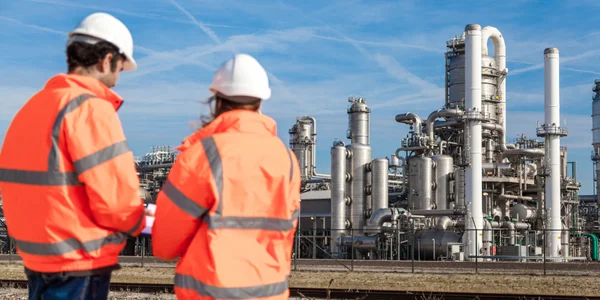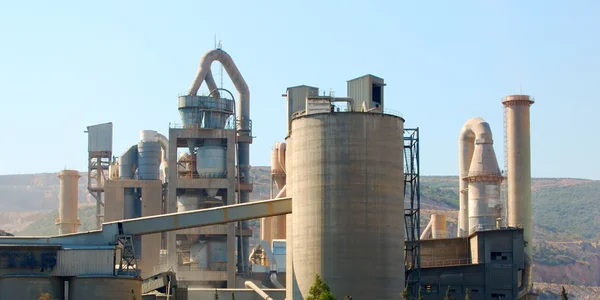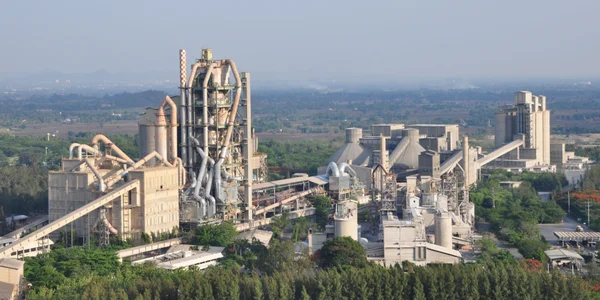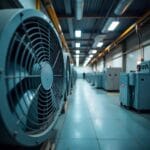Reduce Emissions. Extend Filter Life. Boost Plant Efficiency.
Every hour of downtime costs money. Intensiv-Filter Himenviro delivers proven filtration solutions to keep your plant running at peak performance.
Serving 200+ Plants Across 6 Industries Globally
Cement
Reliable dust collection for non-stop operation
Steel
High-temperature filtration for extreme environments
Chemical
Corrosion-resistant solutions
Pharma
Cleanroom air quality compliance
ESPs
Maximum particle removal efficiency
35+ Countries
Global presence, local expertise
<10 mg/Nm³
Meeting & exceeding emission compliance
1M+ Filter Bags Supplied
Built for durability and results
Customized Filtration for Every Environment
Bag Filters
ESPs
Filter Bags/Cartridges
Retrofitting & Upgrades
Installation Services
Explore Our Other Services !
Connect with us for Expert Consultation
Check out the Frequently Asked Questions !
Air and dust filtration is essential in waste disposal environments to capture harmful particles, gases, and odors released during the handling, incineration, or processing of waste. These pollutants can pose serious health and environmental risks if left untreated. Effective filtration systems ensure regulatory compliance, protect worker safety, and contribute to cleaner operations.
A variety of filtration systems are used based on the waste type and treatment process. Common solutions include baghouse filters for capturing fine particulates, wet scrubbers for removing acidic gases and soluble compounds, and activated carbon systems for odor control. Cyclone separators are often used to manage larger particles before fine filtration takes place. Air-to-air heat exchangers can also be used for energy recovery in waste incineration setups.
Filtration systems help reduce the emission of dust, toxic gases, and volatile compounds, allowing facilities to meet local and international environmental standards. They play a vital role in keeping emissions below permissible limits and are necessary for gaining environmental clearances and maintaining public trust.









